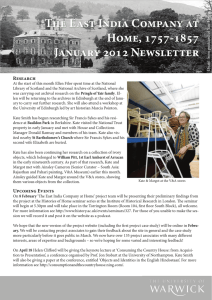Meeting Minutes
advertisement
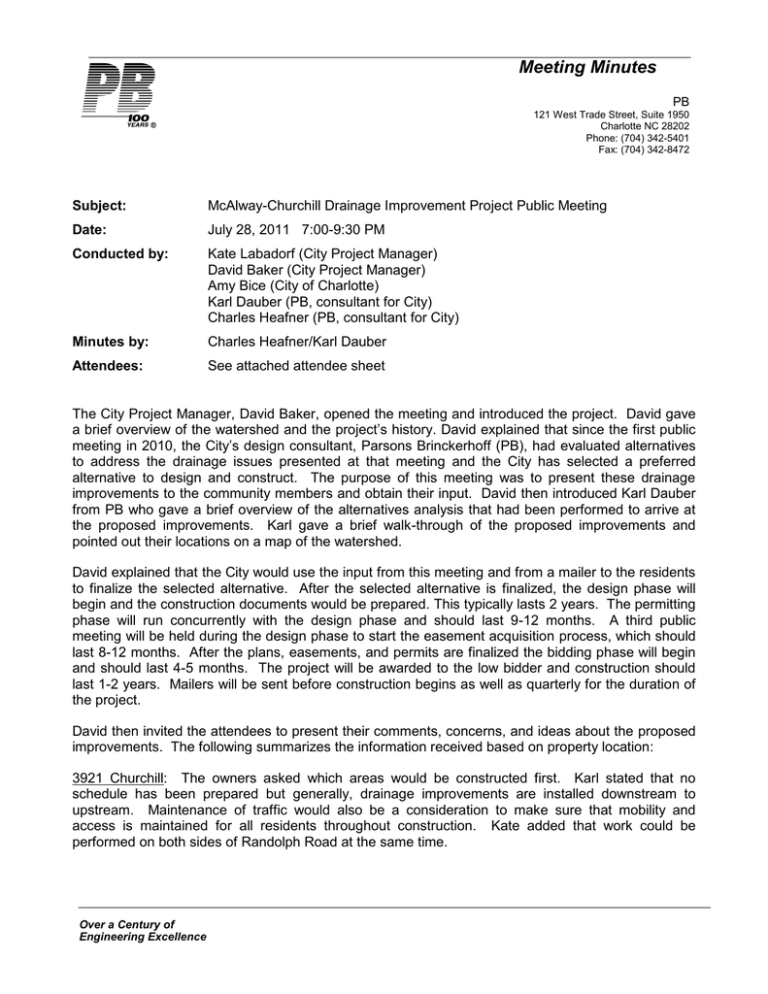
Meeting Minutes PB 121 West Trade Street, Suite 1950 Charlotte NC 28202 Phone: (704) 342-5401 Fax: (704) 342-8472 Subject: McAlway-Churchill Drainage Improvement Project Public Meeting Date: July 28, 2011 7:00-9:30 PM Conducted by: Kate Labadorf (City Project Manager) David Baker (City Project Manager) Amy Bice (City of Charlotte) Karl Dauber (PB, consultant for City) Charles Heafner (PB, consultant for City) Minutes by: Charles Heafner/Karl Dauber Attendees: See attached attendee sheet The City Project Manager, David Baker, opened the meeting and introduced the project. David gave a brief overview of the watershed and the project’s history. David explained that since the first public meeting in 2010, the City’s design consultant, Parsons Brinckerhoff (PB), had evaluated alternatives to address the drainage issues presented at that meeting and the City has selected a preferred alternative to design and construct. The purpose of this meeting was to present these drainage improvements to the community members and obtain their input. David then introduced Karl Dauber from PB who gave a brief overview of the alternatives analysis that had been performed to arrive at the proposed improvements. Karl gave a brief walk-through of the proposed improvements and pointed out their locations on a map of the watershed. David explained that the City would use the input from this meeting and from a mailer to the residents to finalize the selected alternative. After the selected alternative is finalized, the design phase will begin and the construction documents would be prepared. This typically lasts 2 years. The permitting phase will run concurrently with the design phase and should last 9-12 months. A third public meeting will be held during the design phase to start the easement acquisition process, which should last 8-12 months. After the plans, easements, and permits are finalized the bidding phase will begin and should last 4-5 months. The project will be awarded to the low bidder and construction should last 1-2 years. Mailers will be sent before construction begins as well as quarterly for the duration of the project. David then invited the attendees to present their comments, concerns, and ideas about the proposed improvements. The following summarizes the information received based on property location: 3921 Churchill: The owners asked which areas would be constructed first. Karl stated that no schedule has been prepared but generally, drainage improvements are installed downstream to upstream. Maintenance of traffic would also be a consideration to make sure that mobility and access is maintained for all residents throughout construction. Kate added that work could be performed on both sides of Randolph Road at the same time. Over a Century of Engineering Excellence 4100 Melchor: The owner asked if improvements from a previous project would be replaced and if the proposed improvements would be adequate to address the issues. Kate stated that culverts upstream that needed to be replaced and lowered required the earlier work to be replaced. The owner asked if the drainage system could go down the road rather than across her property. Karl stated that they are located at the low point and installing the pipe down the road would result in deep excavations. Amy stated that this could lead to safety issues. Kate said that numerous options were considered before selecting the current alignment. 301 Meadowbrook: The owner asked what would be done if residents weren’t willing to grant easements. Kate stated that some improvements might be eliminated. However, key elements of the project could require the City to use the condemnation process to obtain the required easements. The owner asked for an explanation of the Preserve Place improvements and if it would be a solution to the flooding problems. Karl explained that the Preserve Place improvements consisted of a low wall at the stream to divert higher flood flows, a culvert under Meadowbrook and along Preserve Place, and a controlled discharge location on two of the existing Preserve Place lots. Karl explained that alternatives included widening the existing stream, which would result in the loss of trees along Meadowbrook, and a box culvert down Meadowbrook, which would expensive and cause a major disruption to residents during construction. David added that even after purchasing the Preserve Place lots the selected alternative cost about $500,000 less. Kate stated that this would not eliminate flooding from Briar Creek. 3921 Churchill: The owner expressed concern that improvements would result in the loss of trees. Amy stated that the project team would work with the City’s Landscape Maintenance department and property owners to minimize the loss of trees. 4100 Melchor: The owner asked how much of the driveway would be replaced. Amy said that driveways are usually replaced to the next joint. The owner asked if she could negotiate additional work with the contractor at her expense. Amy noted that this can be done. 3801 Sedgewood: The owners said that they were experiencing runoff from their neighbor’s property at 3819. They said that the amount of runoff had increased as a result of the construction of the homes on 3841, 3833, and 3614 Sedgewood Circle, and that storm water along the east side of the road south of the intersection was crossing over the intersection and entering the property at 3819. The owners of 3801 said that the water on their property was sometimes knee deep. Kate and Amy said that water from a neighbor’s property is not a “qualifying” problem that the City can address, and even if the storm water runoff originated from the City’s street, if the only result is yard flooding, that is not a “qualifying” problem. However, if this issue is causing street flooding or erosion, then the City may include this in the project. Kate said that the City will have PB investigate the gutter spread at this location. Over a Century of Engineering Excellence
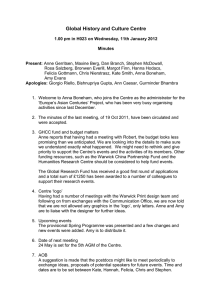
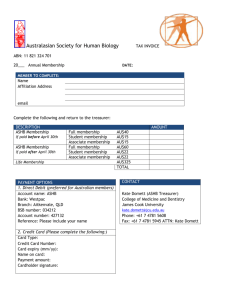
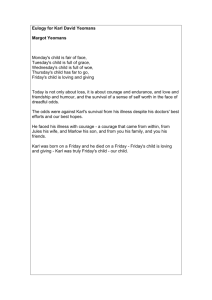
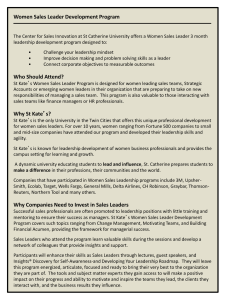
![The mysterious Benedict society[1]](http://s2.studylib.net/store/data/005310565_1-e9948b5ddd1c202ee3a03036ea446d49-300x300.png)
